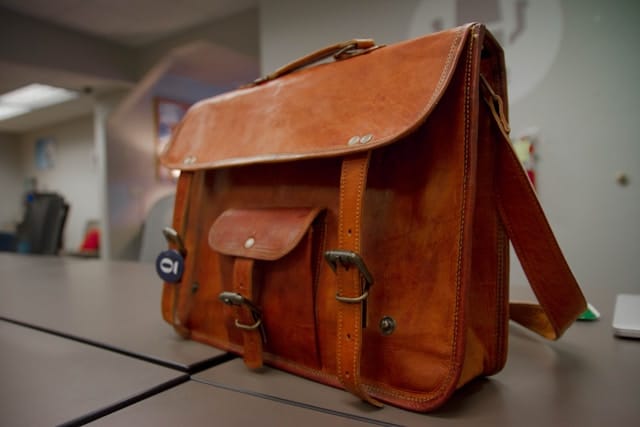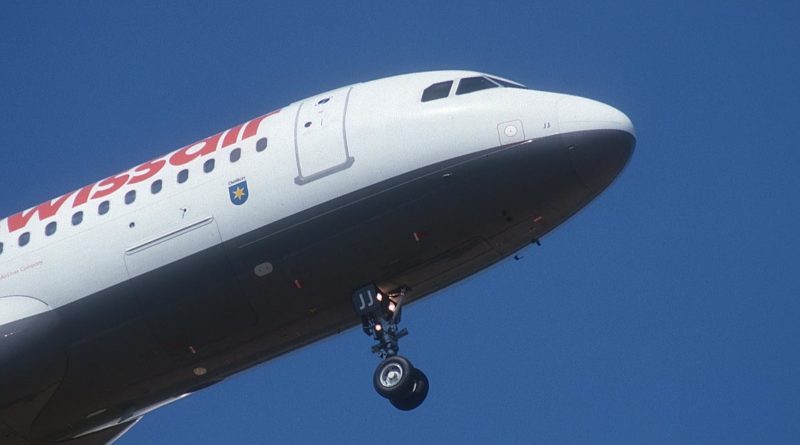Flying on a Budget: Ensuring You Find the Right Airfare Pricing
Airline fare pricing can often feel like trying to solve a puzzle with missing pieces. As travelers, we always seek to find the best deals; however, in 2024 that’s relatively hard. As things stand, the average domestic ticket price is $400 in the US alone, and let’s face it, if that’s the price for a domestic light, what can we expect for international ones?
Plus, additional fees are almost always applied. For instance, when it comes to baggage fees, you can expect to pay around $15 more just by exceeding the threshold of over one pound.
So, how can you ensure that you know exactly how much you need to pay for your flight? Let’s explore together below.
Understanding the Best Time to Book a Flight
Timing your ticket purchase can make a significant difference in pricing. For domestic flights, the optimal booking period is generally between one to three months in advance. For international travel, you should book tickets between two to eight months before your departure. This window allows you to avoid the premium prices that come with last-minute bookings while capitalizing on the lower fares typically available in advance.
Additionally, being flexible with your travel dates can lead to cheaper options; mid-week flights—specifically on Tuesdays and Wednesdays—may be less expensive than weekend flights due to lower demand.
What you can do to ensure that you are always getting the right deal is to subscribe to a flight newsletter service and have only the best deals delivered to your email week in and week out.
Navigating Baggage Fees
A significant factor in managing travel costs is understanding and navigating baggage fees. Each airline has its own policy, and fees can vary significantly. To avoid surprises, always check the airline’s baggage policy before booking. For instance, Frontier Airlines offers incredibly cheap fares, but in comparison to almost all other budget carriers, Frontier baggage fees are the priciest. However, the more you know about the airline, the more strategies you can develop to avoid those eye-watering fees.
What you can do, for almost every airline that imposes heavy baggage fees, is pack light to take advantage of lower fares offered by airlines that charge for checked bags. For longer trips, compare the cost of laundry services at your destination versus the fees for additional baggage.
Also, it is worth mentioning that sometimes, paying for extra baggage is more economical than the rates for checked baggage, especially on budget airlines where added fees can quickly accumulate.

Leveraging Low-Cost Airlines and Other Airports
Travelers trying to save money will find that budget airlines are amazing. While they could charge for extra services like baggage and onboard meals and provide fewer amenities, the base ticket is frequently much less. Routes are extensive and reasonably priced on airlines like Southwest, Ryanair, and AirAsia. Cheaper options can also be found by flying out of smaller or somewhat farther-off airports from big city centers. Lower landing costs at several of these airports can result in cheaper ticket pricing.
Using Intercity and Stopover Flights
You may see two places for the price of one with certain airlines’ free or greatly reduced stopovers in their hub cities.
Airlines like Icelandair and Emirates, for example, advertise stopover programs in Reykjavik and Dubai, respectively. These programs not only enhance your travel experience but also provide significant savings on what would otherwise be costly multi-city flights.

Appreciating Flexible Planning and Flight Comparison Tools
Finding the cheapest flights is also possible by using flight comparison tools. You may check costs across several airlines and select the best offer, depending on your flexibility with dates and locations using websites like Google Flights and Skyscanner.
Being flexible with last-minute adjustments depending on fare changes might also result in unanticipated savings, enabling you to seize the greatest deals as they come up.
Conclusion
By 2024, mastering the art of airline reservations will need a combination of flexible scheduling, smart technological application, and strategic planning. Your airfare can be much lowered by knowing when is the best to book, handling luggage costs, using stopover programs, budget carriers, and travel comparison websites. Even if the process could still be difficult, these tactics will help you locate more reasonably priced and fun vacation experiences.

